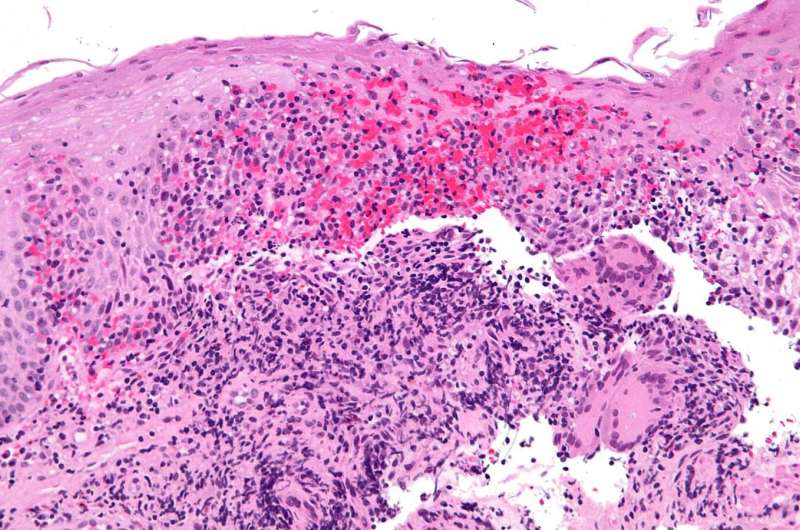Airborne Fungal Spores as Predictors of COVID-19 and Flu Outbreaks

Monitoring airborne fungal spores can help predict COVID-19 and flu outbreaks, offering a valuable tool for early warning and better public health preparedness.
Recent research suggests that monitoring airborne fungal spores can serve as an early warning system for surges in respiratory viral infections such as COVID-19 and influenza. Presented at ASM Microbe 2025 in Los Angeles, the study conducted by Félix E. Rivera-Mariani, Ph.D., highlights the potential role of outdoor fungal spores in predicting short-term outbreaks, particularly during the fall season.
The investigation focused on the unique environment of Puerto Rico, which naturally exhibits consistent levels of airborne fungi and pollen throughout the year. Researchers analyzed daily data from 2022 to 2024 in the San Juan and Caguas regions, correlating high concentrations of fungal spores and pollen with increased cases of COVID-19 and the flu.
Using advanced statistical and machine learning models, the team found that elevated levels of fungal spores were strongly associated with subsequent spikes in infections within a few days. Interestingly, pollen levels did not demonstrate a similar predictive relationship. This suggests that fungi, rather than pollen, may influence viral transmission dynamics or serve as environmental indicators.
These findings could enhance public health responses by providing earlier alerts to impending outbreaks, especially in areas with high environmental levels of airborne fungi. Rivera-Mariani emphasizes that environmental factors, alongside person-to-person transmission, could partially drive the incidence of respiratory viruses, opening new avenues for targeted intervention.
Puerto Rico's existing fungal and pollen monitoring stations facilitated this research, demonstrating the practical potential for integrating environmental surveillance into health management strategies. Future research aims to explore whether fungal spore levels correlate with severe health outcomes like hospitalizations and fatalities, and whether similar patterns are observable in other regions.
The study underscores the importance of environmental monitoring in infectious disease forecasting and prevention, potentially empowering public health agencies to implement more effective early warning systems.
Stay Updated with Mia's Feed
Get the latest health & wellness insights delivered straight to your inbox.
Related Articles
Increased Post-Kidney Transplant Risks Associated with BMI-BSA Obesity
Obesity defined by combined BMI and BSA metrics increases the risk of adverse outcomes after kidney transplantation, highlighting the need for accurate assessment methods for better patient management.
promising new investigational treatment shows potential for Crohn's disease remission
A new investigational therapy targeting TL1A shows significant potential to induce remission in Crohn's disease, offering hope for better treatment options. Recent studies highlight rapid response and possible effects on fibrosis crucial in disease management.
Expert Sun Safety Tips from a Skin Cancer Specialist and Physician
Learn essential sun safety tips from a skin cancer specialist to reduce your risk of skin cancer, including using sunscreen, protective clothing, and regular skin checks. Stay protected year-round with these expert guidelines.



